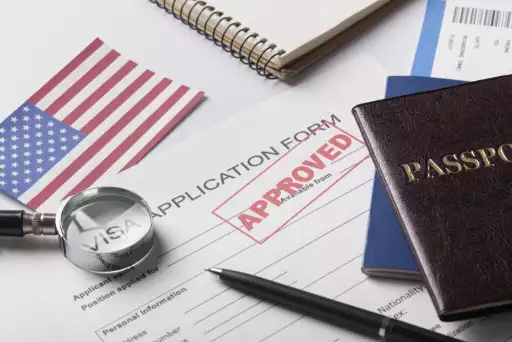Highly Experienced and Successful Immigration Attorneys
We've Spent Decades Fighting For Immigrants
- Win Legal Status.
- Become a U.S. Citizen.
- Reunite Your Family.
Immigrants built America.
And they’re still building it with their hard work, their sacrifice, and their dreams of a just, humane, and vibrant future where our families, cultures, and communities can thrive and where our civil and human rights are respected.
We share this dream. And we are grateful are honored to have represented thousands of immigrants and their families in their quests to win legal status, permanent residency, visas, waivers, reunification, and ultimately, U.S. citizenship.
50+ Years of Collective Experience
Our attorneys have collectively more than 50 years of experience in this work. We have expertise successfully handling complex cases before USCIS, Department of State, the immigration court, as well as managing appeals and federal litigation before the U.S. District Courts for the Northern, Southern, and Western Districts of Texas and the Fifth Circuit Court of Appeals.
We are highly experienced, nationally renowned immigration law experts and professionals, and we would be honored to represent you in your dream of securing lawful status in the USA. Contact us today for a consultation.

The
Legal
Team on Your Side


The Legal Team on Your Side

What Our Clients Say



Why Choose JLW Immigration Law Group
Representation
Available Across the USA
The immigration system is incredibly harsh and unforgiving, and the stakes of winning your case could not be higher. With JLW Immigration Law Group, you can trust that we will give you honest, accurate, and timely advice about your case, the likely outcome, and the expected time frame. Most of all, you can relax and trust that our veteran team of attorneys and paralegals will attend to your case with the care and expertise required to give your case the best possible chance of having a successful outcome.
Because of our passion for our work and care for our clients, we will pursue every opening in the law to help our clients achieve their goals. We do not shy away from tough or complex cases, and in fact, we welcome the opportunity to review challenging cases for hidden opportunities.
We bill on a flat fee model rather than by the hour, as this allows clients to plan with certainty for the investment required to gain legal status in the United States. We offer payment plans with affordable monthly terms and no interest.
We promptly return client phone calls, texts, emails or other communications, and work collaboratively with clients to achieve their goals and dreams. Click here to read our clients’ reviews of our work and service.
We offer discounts to families seeking to process multiple cases at once. Dependent family members receive discounts from standard fees, and returning clients enjoy loyalty discounts as well.



